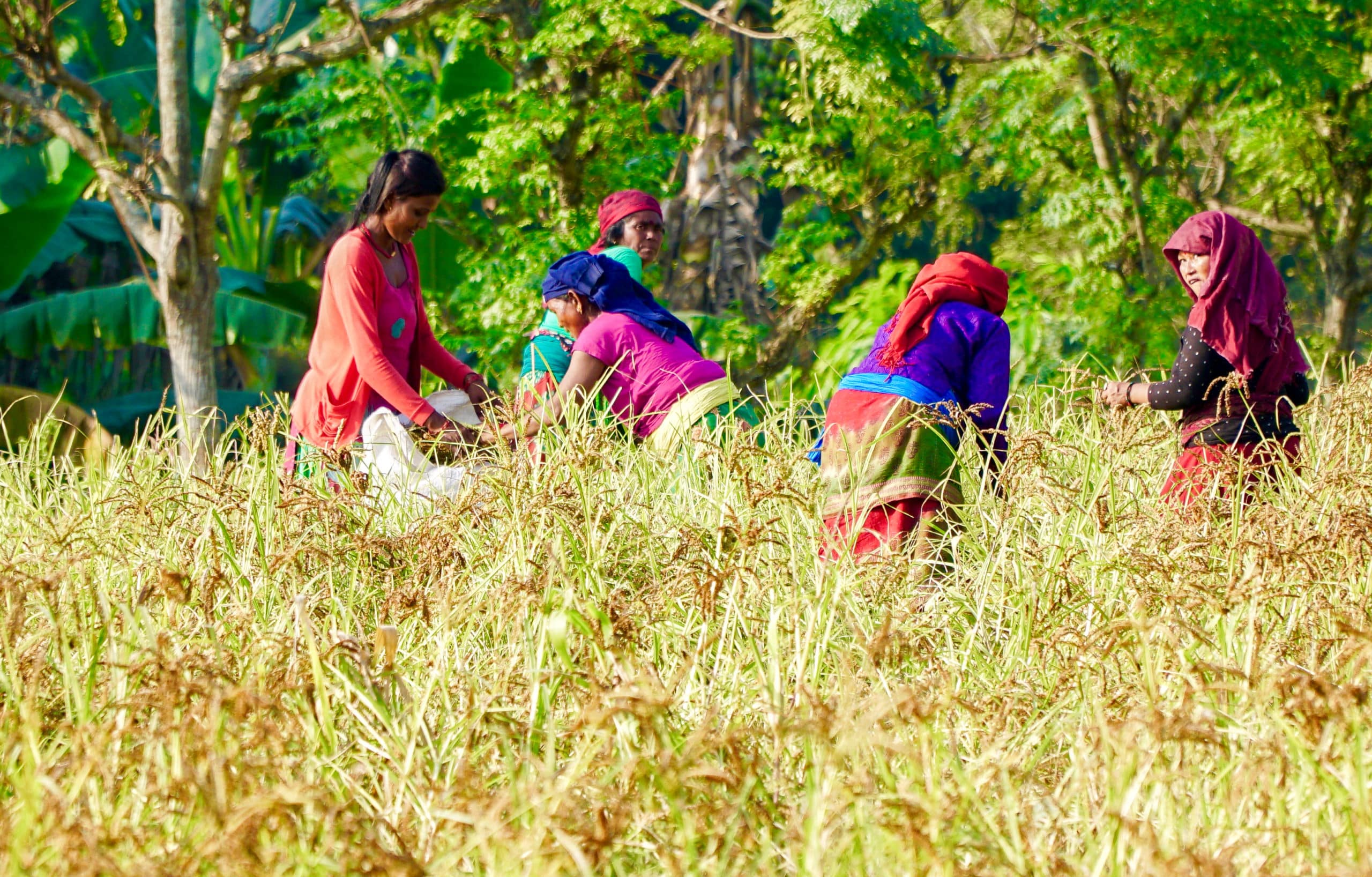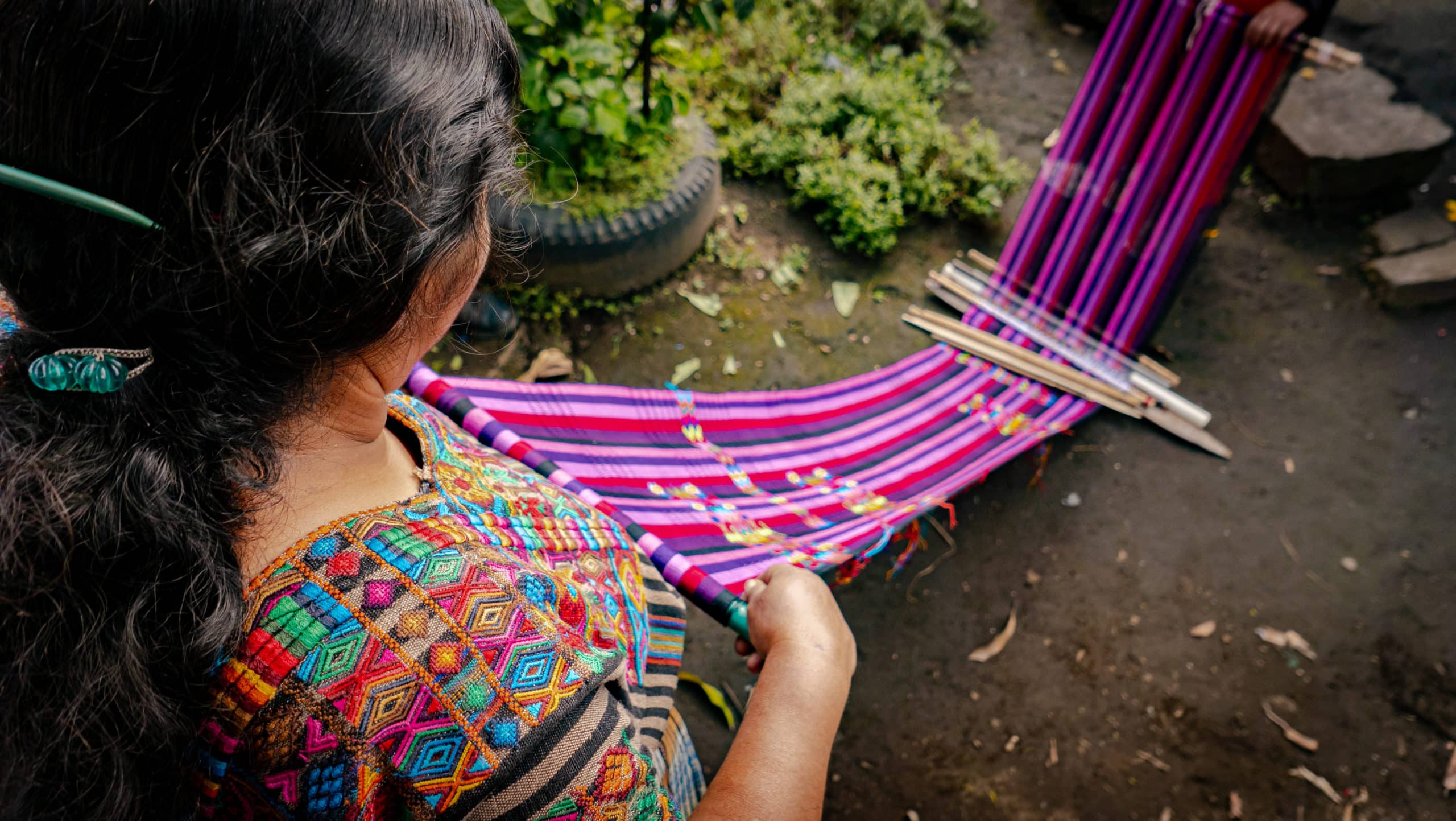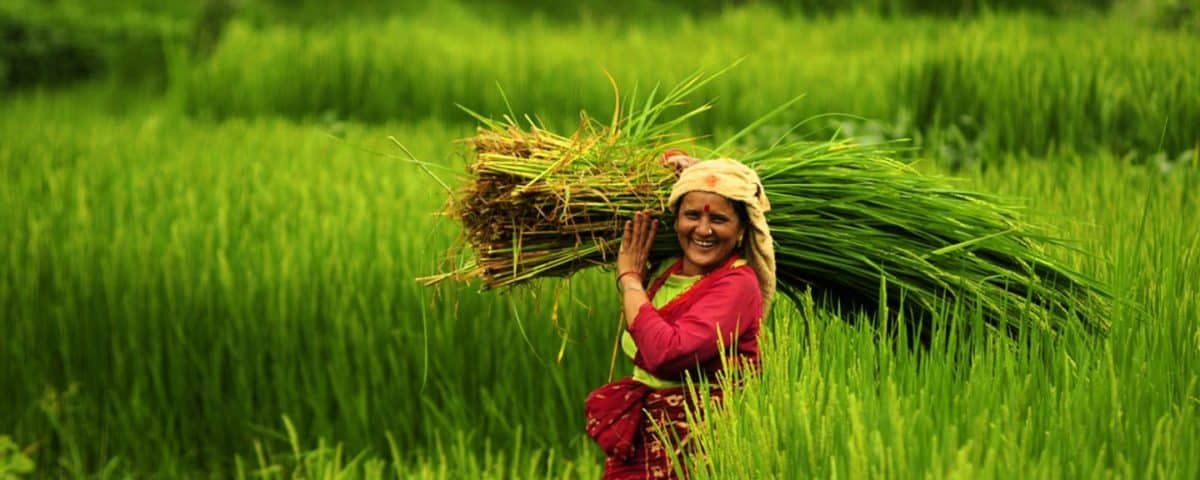
Viewpoint: It’s time to recommit to globalization and invest in proven solutions
November 9, 2021
How Real Investment Is Making A Difference For These Central American Women
December 16, 2021A French missionary’s agricultural system for Nepal’s rural populations

In the 1980s Jesuit Fr Henri de Laulanié studied a method for increasing rice production in Madagascar. His system of rice intensification is now being applied in some districts of the country on the slopes of the Himalayas thanks to the World Neighbors organization.
Kathmandu (AsiaNews) – While discussions continue in Glasgow about combating climate change, new systems of rice cultivation are being experimented in rural areas of Nepal to preserve biodiversity, reduce emissions and increase production.
World Neighbors, a non-profit organization founded in 1951, has introduced a system of rice intensification (sri), invented and first used by a French missionary in the 1980s in Madagascar. Fr Henri de Laulanié, a Jesuit agronomist who arrived on the Malagasy island in 1961, devised a method to ensure that the population was not dependent on imports. Rice is the staple food of many communities in Africa and Asia, and the poorer sections of the population often cannot afford to buy imported food.
The conventional method involves placing the seedlings in water in small groups after at least 25 days and then cultivating them through periodic flooding. Fr. Laulanié discovered that seedlings actually produce more if planted individually, when they are younger and if left in moist but not flooded soil. This system of cultivation makes it possible to increase production by 30% to 50% by using less water and limiting the use of fertilizers.
In the beginning there was a lot of resistance from local communities in Nepal. “Only seven farmers participated in the first pilot project,” Srijana Karki, World Neighbors’ Regional Director for India and Nepal, tells AsiaNews.
Despite the initial mistrust, however, the first harvest went well, sparking the interest of other farmers. The main problem is that not all soils allow the control of water resources necessary for this type of cultivation: the roots of the seedlings must be put in water for a period and then dried. With climate change, this phase becomes more complicated. One year a woman got 56% more from her harvest,” explains Karki, “but the following year the seasonal rainfall was unpredictable and the harvest went badly.
“Ninety per cent of our beneficiaries are women, who have only very small plots of land at their disposal,” she continues, “so from the beginning we had to think about how to maximize production. The women stay in the villages in the mountains because their husbands move to the city in search of better job opportunities. “After seeing the success of the project, however, many came back. Not least because the intensive rice-growing system works so well with local variations of the cereal. “It’s great to see families coming together and expanding their business.”
World Neighbors also chose the intensive farming the intensive farming system because it is an easy technology to implement.
“Some of the farmers we work with are illiterate,” she continues. “One day a woman had earned so many rupees that she didn’t know how to count them. She went to her uncle’s house to ask him how much she had earned from selling her produce at the market.”
There are also often communication problems with the indigenous people because they speak different dialects, live in remote areas and have a very low level of education. “In these cases we explain how to do it to the children, because they go to school. With adults, we sometimes have difficulty finding someone who can read and write.
Innovation also comes from the ground up. Some farmers recently proposed using human urine as fertilizer after seeing that diluted with water it is an excellent nutrient.
“We are supporting their idea in every way. We have financed them to attend in-depth seminars and learn how to build latrines to collect urine.” If the plan succeeds, farmers will not have to depend on the market for fertilizers and pesticides, which, because of delays in the supply chain, may not arrive and cause entire crops to fail.
“We try to use local seeds and homegrown fertilizers as much as possible to withstand market shocks. This is how the impact of the pandemic has been contained.” World Neighbors’ intervention approach is always community-driven, Sirjana Karki points out. “It is by empowering communities that they can become the engine of their own development.”
This article originally appeared on asianews.it on November 9, 2021.

